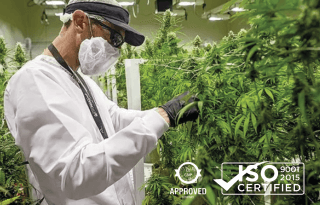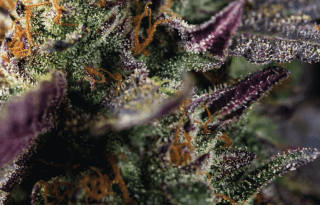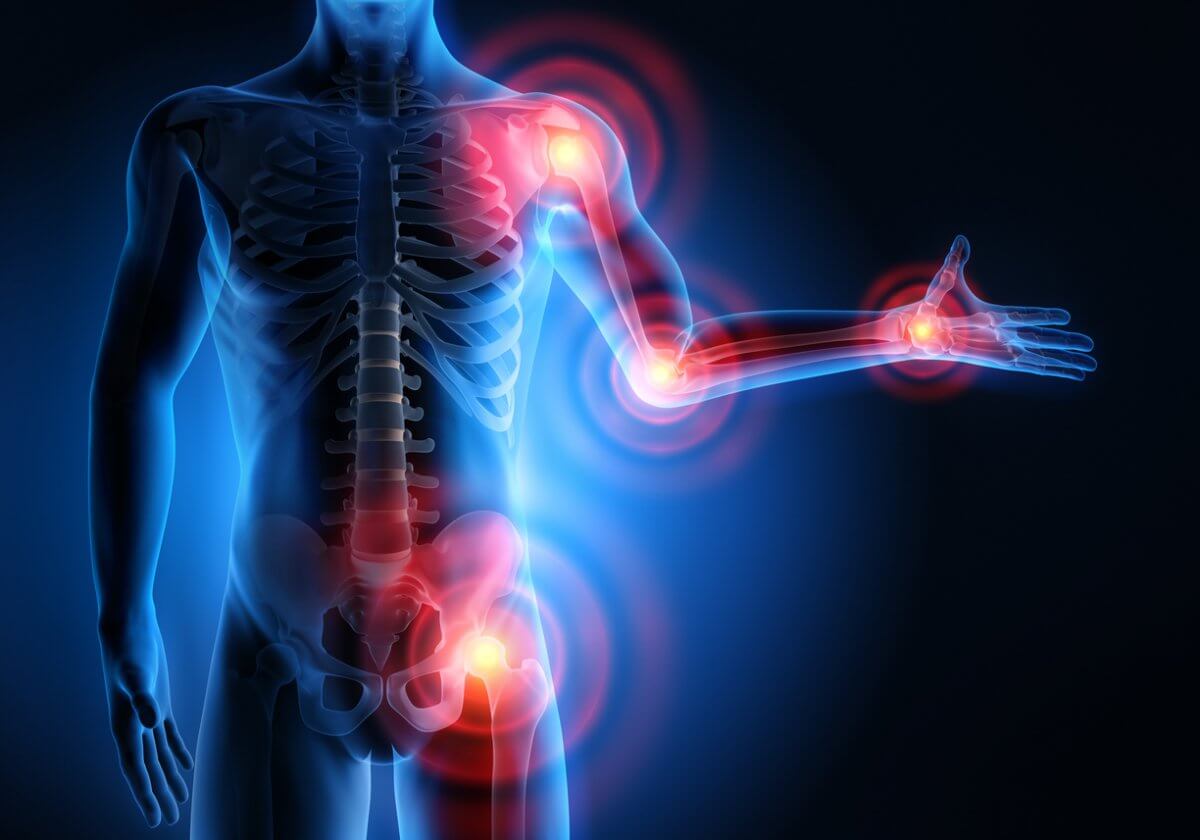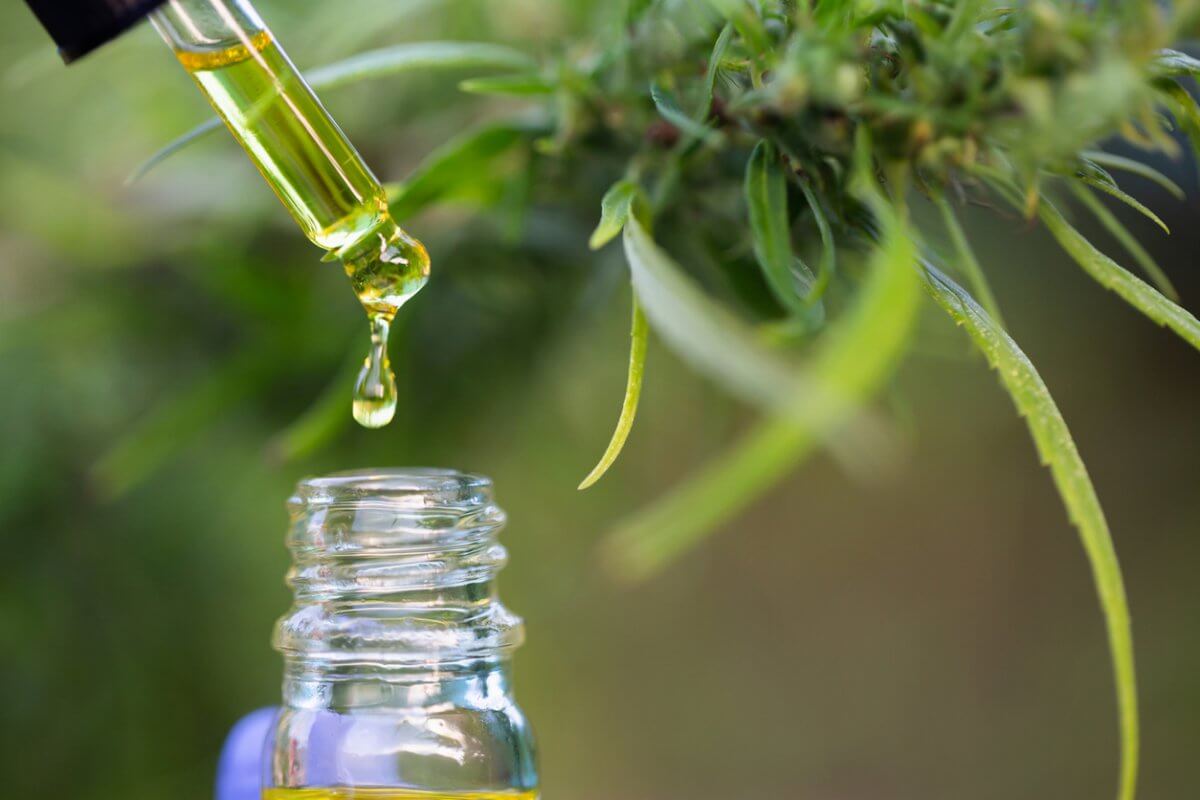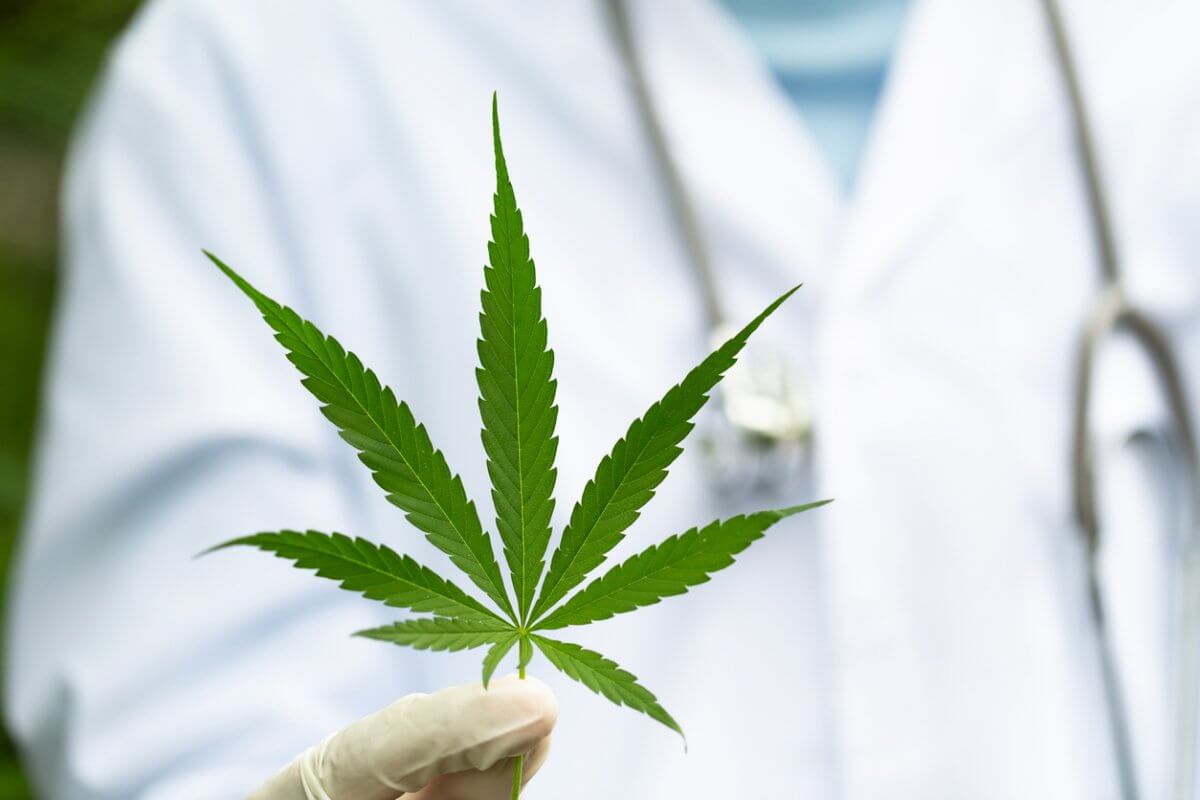In today’s ever-evolving medical world, we are finding new ways to improve patient care. One such avenue is medical cannabis, an area that is rapidly expanding and offering many patients an alternative option to traditional pain medicine.
The Bridge to Relief
Medical cannabis is not just a plant, but a bridge to relief from pain and discomfort for many patients. It offers a range of benefits, from treating chronic pain and reducing anxiety to alleviating the symptoms of epilepsy and improving the quality of life for people battling cancer (1-5).
A World of Discoveries
Research in this field is growing daily, revealing the immense potential of cannabis compounds. Cannabinoids such as CBD and THC, as well as terpenes such as limonene or caryophyllene, are emerging as key factors in alternative healthcare solutions.
Association of medical professionals
To harness this potential, it is important that we, CanPharma, as healthcare professionals, join forces with like-minded people and share our knowledge. Building connections between physicians, pharmacists and other healthcare professionals is vital to the responsible use and promotion of medical cannabis.
Education is the Key
In collaboration with other experts, it is possible to learn even more about medical cannabis, adapt to the new potential ways to relieve pain and treat patients, and advocate for their well-being. Whether it’s understanding the endocannabinoid system, exploring dosing guidelines or staying on top of the latest research, shared knowledge can drive progress.
A Global Movement
Across the world, the acceptance of medicinal cannabis is growing. CanPharma is eager to join this global movement and connect with healthcare professionals, pharmacists, physicians, and industry leaders to ensure the best is made of this promising plant.
References:
1 Kluwe, L., Scholze, C., Schmidberg, L. M., Wichmann, J. L., Gemkov, M., Keller, M. J., & Farschtschi, S. C. (2023). Medical Cannabis Alleviates Chronic Neuropathic Pain Effectively and Sustainably without Severe Adverse Effect: A Retrospective Study on 99 Cases. Medical cannabis and cannabinoids, 6(1), 89–96. https://doi.org/10.1159/000531667
2 Valikhanova, G., Kato, Y., Fitzcharles, M. A., Ware, M., Da Costa, D., Lowensteyn, I., Cheung, H. S., & Grover, S. (2023). Medical Cannabis Use Among Canadian Veterans and Non-Veterans: A National Survey. Integrative medicine reports, 2(1), 120–128. https://doi.org/10.1089/imr.2023.0022
3 Gaston, T. E., Ampah, S. B., Martina Bebin, E., Grayson, L. P., Cutter, G. R., Hernando, K., Szaflarski, J. P., & UAB CBD Program (2021). Long-term safety and efficacy of highly purified cannabidiol for treatment refractory epilepsy. Epilepsy & behavior : E&B, 117, 107862. https://doi.org/10.1016/j.yebeh.2021.107862
4 Hinz, B., & Ramer, R. (2022). Cannabinoids as anticancer drugs: current status of preclinical research. British Journal of Cancer, 127(1), 1–13. https://doi.org/10.1038/s41416-022-01727-4
5 Twelves, C., Sabel, M., Checketts, D., Miller, S., Tayo, B., Jove, M., Brazil, L., & Short, S. C. (2021). A phase 1b randomised, placebo-controlled trial of nabiximols cannabinoid oromucosal spray with temozolomide in patients with recurrent glioblastoma. British Journal of Cancer, 124(8), 1379–1387. https://doi.org/10.1038/s41416-021-01259-3









